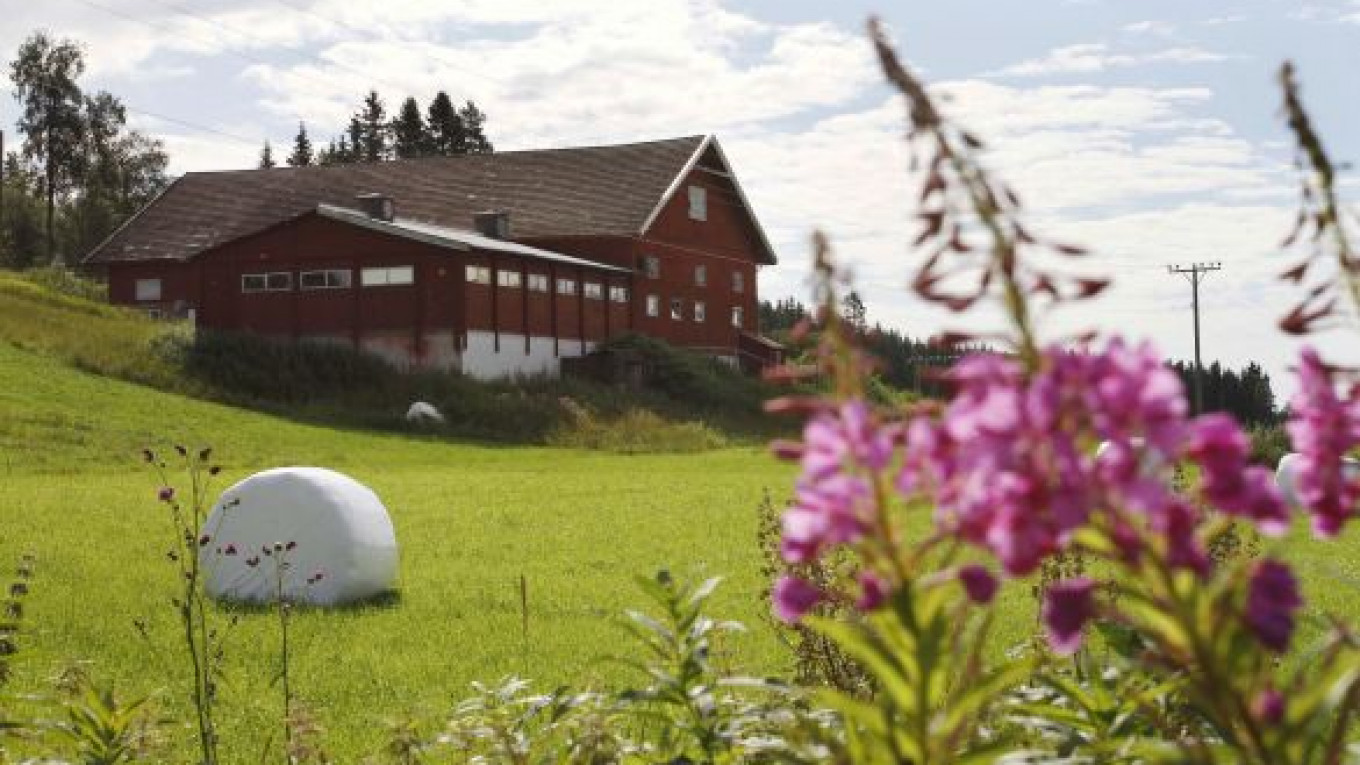TBILISI, Georgia — The body of a young Georgian woman has been identified among the 76 people killed in Norway last week in a bombing and youth camp massacre by far-right extremist Anders Behring Breivik, officials said Thursday.
Tamta Liparteliani went missing after the July 22 attack at the youth camp on Utoya Island, and her parents flew to Oslo with Georgian Foreign Ministry officials this week with hopes of finding her alive.
But Deputy Foreign Minister Nino Kalandadze announced Thursday that Liparteliani's body had been found on the bottom of the lake with gunshot wounds in the back. She was identified by her fingerprints.
Another Georgian native who was also at the camp said she lost Liparteliani during the attack, which killed 68 people.
When the shooting started, "we ran in different directions," Natia Chkhetiani told Rustavi 2 television by phone from Norway. "Later, I could not find her."
Georgian media have reported that both Georgians graduated from the sociology department of Kutaisi University in western Georgia and were activists in the Young Socialists youth group, which sent them to Norway.
Liparteliani's mother, Laila Asatiani, said in televised remarks Wednesday that she still had hope her daughter was alive, because her body had not been found.
"[Our] daughter went missing during the terrorist attack, we don't know anything about her," Asatiani told Rustavi 2. "We don't know whether she's dead or alive. We will do anything we can to find her."
Meanwhile, a top Norwegian security official said Thursday that Breivik appeared to be a lone-wolf sociopath who kept his plans to himself for more than a decade.
"It's a unique case. It's a unique person. He is total evil," Janne Kristiansen, the director of the Norwegian Police Security Service, said in an interview.
Breivik claims that he carried out the July 22 attacks as part of a network of modern-day crusaders plotting a revolution against a multicultural Europe, and that there are other cells ready to strike.
But investigators have found no signs — before or after the attacks — of a larger conspiracy, though it's too early to rule it out completely, Kristiansen said.
She said Breivik doesn't appear to have shared his plot with anyone, and lived a lawful and moderate life before carrying out the attacks with "total precision."
Breivik has admitted that he set off a car bomb in the government district of Oslo, killing at least eight people, then drove several kilometers northwest of the Norwegian capital to an island where the youth wing of the ruling Labor Party was holding its annual summer camp. He arrived at Utoya island posing as a police officer, then opened fire on scores of unsuspecting youth, executing them one after the other as they tried to flee into the water.
Investigators will interview Breivik again on Friday and will focus on whether there is "any more danger," police attorney Paal-Fredrick Hjort Kraby told reporters. Police have so far only interviewed the suspect once, in a seven-hour session the day after the attack.
A Message from The Moscow Times:
Dear readers,
We are facing unprecedented challenges. Russia's Prosecutor General's Office has designated The Moscow Times as an "undesirable" organization, criminalizing our work and putting our staff at risk of prosecution. This follows our earlier unjust labeling as a "foreign agent."
These actions are direct attempts to silence independent journalism in Russia. The authorities claim our work "discredits the decisions of the Russian leadership." We see things differently: we strive to provide accurate, unbiased reporting on Russia.
We, the journalists of The Moscow Times, refuse to be silenced. But to continue our work, we need your help.
Your support, no matter how small, makes a world of difference. If you can, please support us monthly starting from just $2. It's quick to set up, and every contribution makes a significant impact.
By supporting The Moscow Times, you're defending open, independent journalism in the face of repression. Thank you for standing with us.
Remind me later.






